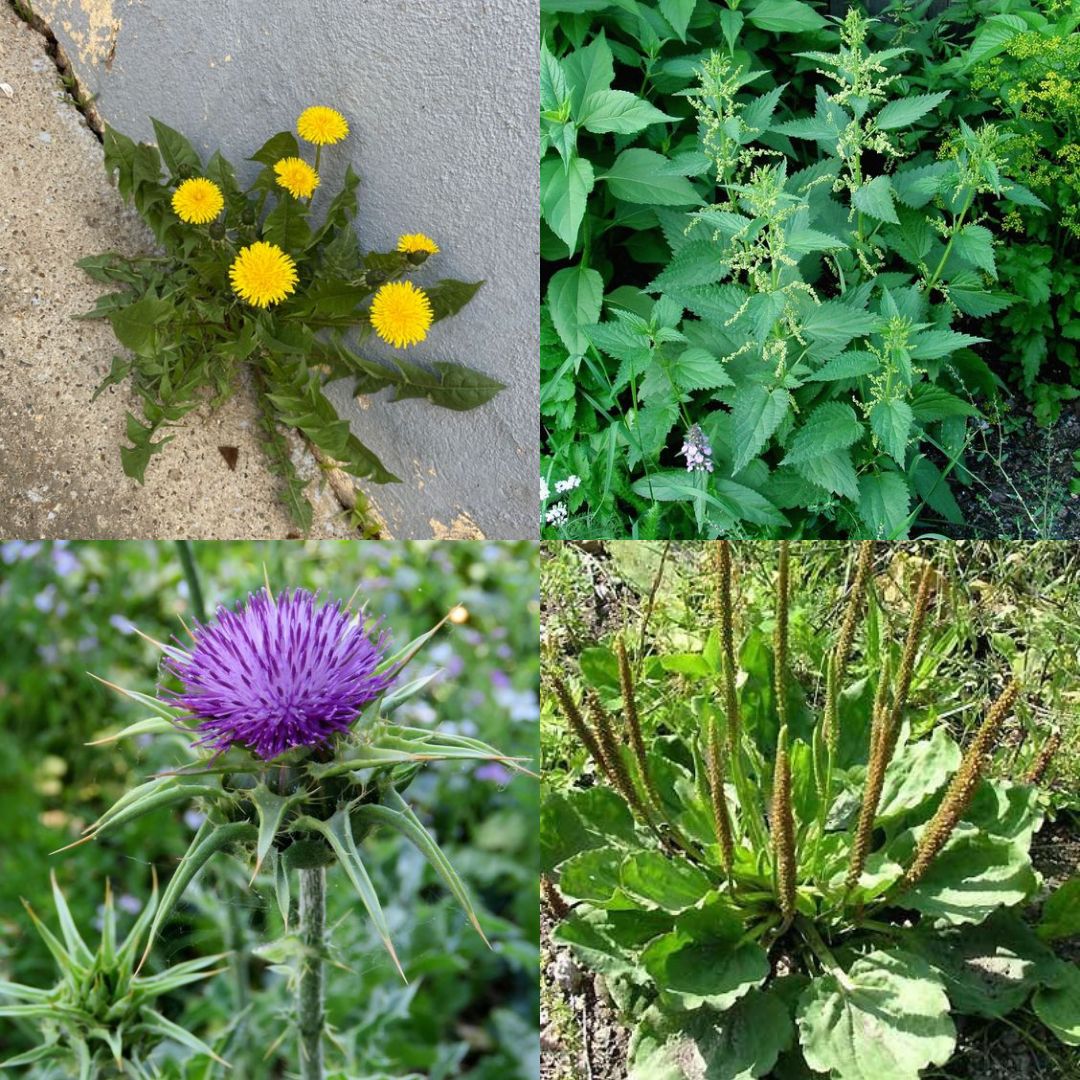
When it comes to gardening, many people consider weeds as unwelcome invaders that need to be eradicated. However, some weeds can actually be beneficial for your garden. Here are eight “weeds” you should think twice about before pulling them out.
1. Dandelions (Taraxacum officinale)
Dandelions are often seen as pesky invaders, but they are actually quite beneficial. Their deep taproots help aerate the soil and bring up nutrients from deep down. Plus, they are a great source of nectar for bees and other pollinators. The leaves and flowers are also edible and can be used in salads or teas.
2. Clover (Trifolium)
Clover is a fantastic weed to have in your garden. It fixes nitrogen in the soil, improving fertility for other plants. Clover also attracts beneficial insects like bees and can act as a ground cover, reducing soil erosion and keeping the soil moist.
3. Purslane (Portulaca oleracea)
Purslane is a low-growing succulent that is often found in gardens. It is highly nutritious, containing high levels of omega-3 fatty acids and vitamins. Purslane can be eaten raw in salads or cooked in various dishes.
4. Chickweed (Stellaria media)
Chickweed is a small, low-growing plant that often appears in early spring. It is edible and has a mild flavor, making it a great addition to salads. Chickweed is also known for its medicinal properties, including soothing skin irritations and promoting healing.
5. Nettle (Urtica dioica)
Nettle may seem like an unpleasant weed due to its sting, but it is highly beneficial. It is rich in vitamins and minerals and can be used to make nutritious teas and soups. Nettle also attracts beneficial insects and can be used as a natural fertilizer when composted.
6. Plantain (Plantago major)
Plantain is a hardy weed that often grows in compacted soil. It has powerful medicinal properties, especially for treating wounds and insect bites. The leaves can be used fresh or dried, and it is also a good source of vitamins and minerals.
7. Lamb’s Quarters (Chenopodium album)
Lamb’s quarters, also known as wild spinach, is highly nutritious and can be used in place of spinach in many recipes. It is rich in vitamins A and C, calcium, and iron. This weed can also improve soil health by drawing up nutrients from deep in the soil.
8. Violets (Viola)
Violets are often considered weeds, but they have many benefits. They are beautiful, attract pollinators, and can be used in herbal remedies. Violet leaves and flowers are edible and can be used in salads or to make syrups and teas.
Embracing these beneficial weeds can improve the health and biodiversity of your garden. Instead of reaching for the weed killer, consider how these plants might actually help you create a more vibrant and sustainable garden.